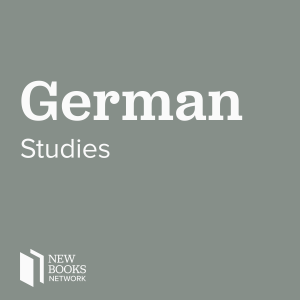
Philipp Stelzel, "History after Hitler: A Transatlantic Enterprise" (U Penn Press, 2018)
 2019-12-02
2019-12-02
The decades following the end of World War II witnessed the establishment of a large and diverse German-American scholarly community studying modern German history. As West Germany's formerly deeply nationalist academic establishment began to reconcile itself with postwar liberalism, American historians played a crucial role, both assisting and learning from their German counterparts' efforts to make sense of the Nazi past—and to reconstruct how German society viewed it. In History after Hitler: A Transatlantic Enterprise (University of Pennsylvania Press, 2018), Philipp Stelzel puts this story center stage for the first time, positioning the dialogue between German and American historians as a key part of the intellectual history of the Federal Republic and of Cold War transatlantic relations. This monograph explores how these historians participated as public intellectuals in debates about how to cope with the Nazi past, believing that the historical awareness of West German citizens would bolster the Federal Republic's democratization. Stelzel corrects simplistic arguments regarding the supposed "Westernization" of the Federal Republic, emphasizing that American scholars, too, benefited from the transatlantic conversation. History After Hitler makes the case that, together, German and American historians contributed to the development of postwar German culture, intellectual life, and national self-understanding.
Michael E. O’Sullivan is Professor of History at Marist College where he teaches courses about Modern Europe. He published Disruptive Power: Catholic Women, Miracles, and Politics in Modern Germany, 1918-1965 with University of Toronto Press in 2018.
Learn more about your ad choices. Visit megaphone.fm/adchoices
Support our show by becoming a premium member! https://newbooksnetwork.supportingcast.fm/german-studies
More Episodes
Create your
podcast in
minutes
- Full-featured podcast site
- Unlimited storage and bandwidth
- Comprehensive podcast stats
- Distribute to Apple Podcasts, Spotify, and more
- Make money with your podcast
It is Free
- Privacy Policy
- Cookie Policy
- Terms of Use
- Consent Preferences
- Copyright © 2015-2024 Podbean.com





